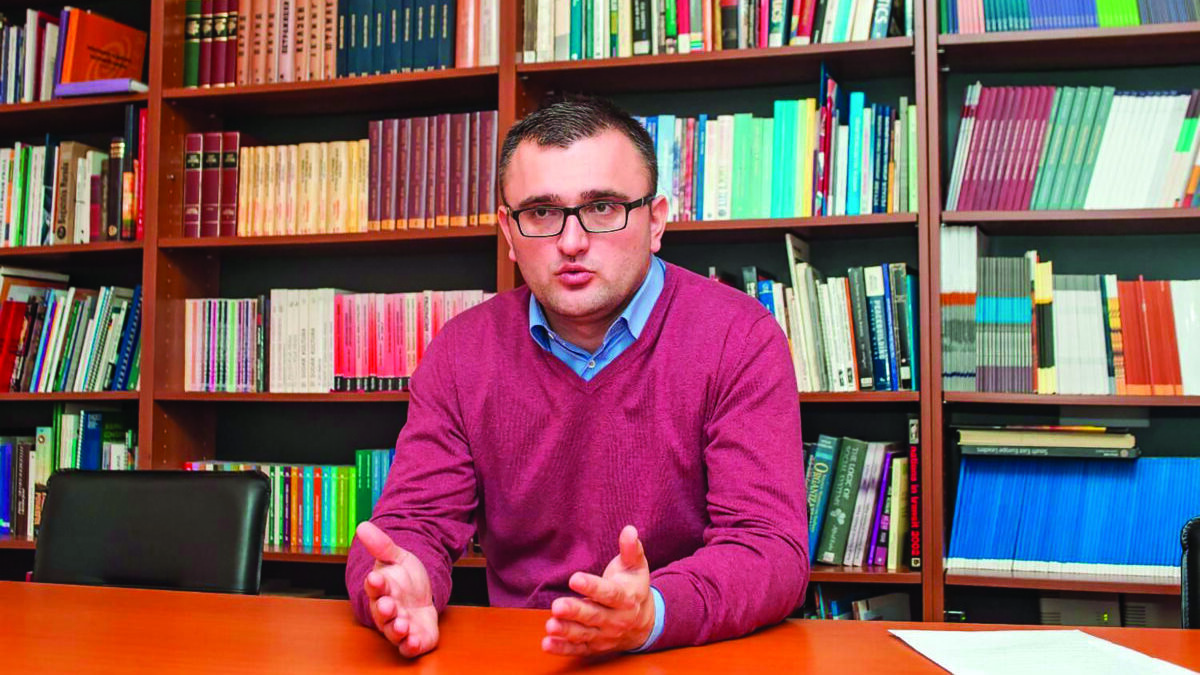
The referendum, lithium crisis, energy crisis, environmental protests, Kosovo and Bosnia and Herzegovina are all going to be topics in 2022. Which of these issues should be priorities in the context of Serbia’s accession to the EU?
The EU accession process should remain the primary geostrategic goal of the future Serbian government. This process is multidimensional and the activities on implementing government policies must go in several directions. There seem to be three key directions and they should be priorities. The first set of priorities is the rule of law (elections, freedom of the media, judiciary, pluralism). Looking at the past few years, Serbia was more successful in meeting economic rather than political criteria, and the implementation of political criteria is a segment that Brussels, and especially some member states, will increasingly insist on. The second set is regional cooperation because it is an integral part of the EU accession negotiations and very important for official Brussels. In this context, the crisis in Bosnia and Herzegovina is also an important issue. The third set of priorities is the negotiations between Belgrade and Priština, and this set will certainly be one of the biggest challenges because the room for compromise is rather modest.
What do you think of the social and political context in which our country finds itself and what should be changed? Do these changes include a change of direction or is our place still in the European Union?
Support for the EU accession has been stable over a considerable amount of time and currently stands at a half or just over half of the population that would vote “yes” in a potential referendum on EU membership. That is a big capital for the future Government of Serbia, having in mind the accession fatigue both in Serbia and in some member states. There are no indicators – political, geostrategic or economic – that would justify the thesis that the Serbian government will change direction and abandon the European integration process. However, the Serbian government could change is the communication regarding the EU and the accession because public officials are not harmonized in conveying their messages, as they are often very critical of the EU, while some important officials are against the EU, preferring to cooperate with other international stakeholders.